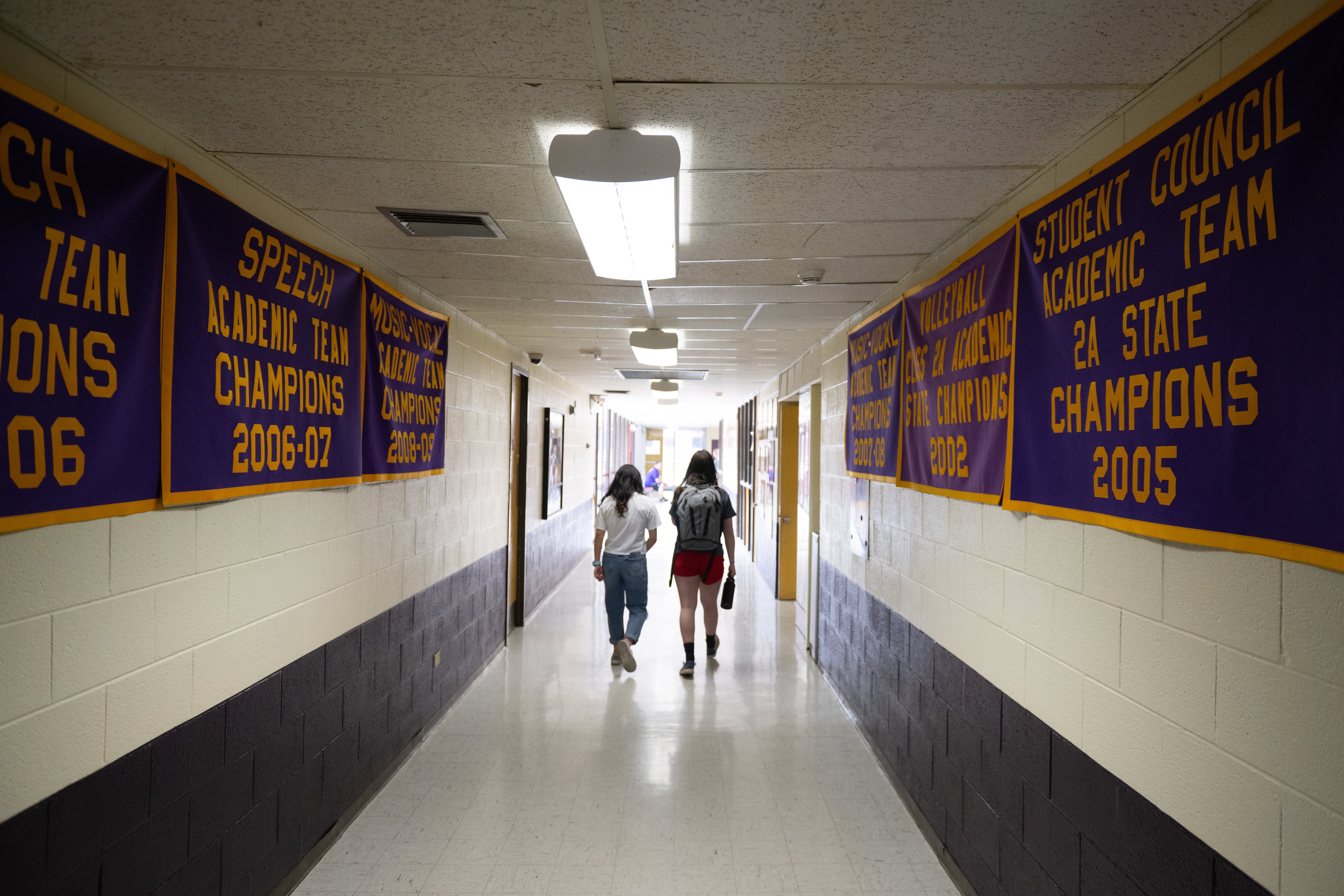Sign up for our free monthly newsletter Beyond High School to get the latest news about college and career paths for Colorado’s high school grads.
Rural students may graduate high school at higher rates than their peers, but they’re also less likely to end up on a college campus.
The University of Denver wants to change that statistic through a partnership that’s brought together 32 prominent public and private universities to help rural students learn about their college options, help them enroll, and support them to graduation.
Last week, the Denver private university announced its participation in the Small Town and Rural Students College Network, or the STARS College Network, now in its second year. Participating schools include private institutions like Yale, Vanderbilt, and Duke, historically Black university Spelman College, and public flagships such as the University of Texas at Austin and the University of California, Berkeley.
The program doubled in size from 16 to 32 schools this year, with the University of Denver joining as the only Colorado school participating in the program.
“We want to open the minds of students in rural areas,” said Todd Rhinehart, vice chancellor for enrollment at the University of Denver. “They have the academic horsepower, and with financial aid from these schools, they have the ability to enroll and really make it a reality.”
Nationally, about 61% of high school graduates enroll in college, according to the Bureau of Labor Statistics. And about 55% of rural students go directly to college after they graduate, according to the National Student Clearinghouse.
In Colorado, the rates are lower, however, with recent state data showing about half of all students enroll — and 47.5% of the state’s rural students go directly to college.
Rhinehart said he’s hopeful the network can reverse a national trend that’s seen fewer rural students going to college since 2019.
Trott Family Philanthropies funds the program and has committed more than $150 million over 10 years to help recruit and support rural students, according to the STARS website. The network offers services such as webinars, math tutoring, college planning services, and campus visits for students.
School representatives also visit communities, Rhinehart said, and he hopes to someday place a STARS recruiter on the Western Slope.
“Their focus would really be on all of Western and Southwestern Colorado and certainly New Mexico and Arizona,” he said. “They’d be able to visit far more high schools than we’re able to now.”
Rhinehart aims to clear up misconceptions among rural high school communities that selective colleges like DU aren’t for them. A college education comes with the promise of higher wages and economic stability, and Rhinehart said he hears that students wonder if they are academically ready or can afford to go to selective colleges.
Rhinehart said the network will get the message out that the school has financial aid available for them and that schools will help them succeed.
“We’re going to get out there and say, ‘You are a strong student, you should definitely be applying, and we would love to have you.’”
Jason Gonzales is a reporter covering higher education and the Colorado legislature. Chalkbeat Colorado partners with Open Campus on higher education coverage. Contact Jason at jgonzales@chalkbeat.org.






